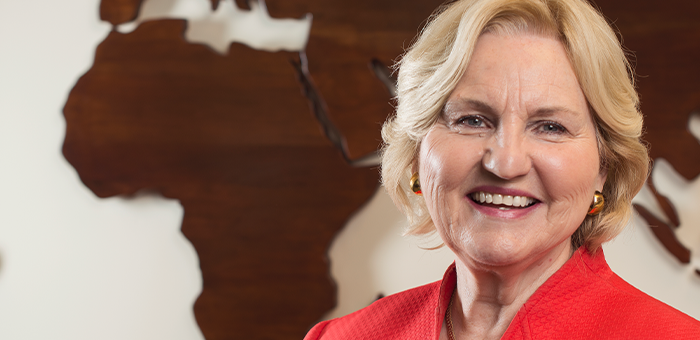Dan Busby is the President of the Evangelical Council on Financial Accountability. He has over 40 years of experience with the church and nonprofit community and is a member of a commission convened by Sen. Charles Grassley to address accountability and policy for religious organizations.
Q How can pastors be accountable in their personal finances?
A Pastors should be exemplary in living within their means and paying personal obligations. Few things will damage a church more quickly than when word spreads that the pastor’s finances are not in sterling condition.
Q What is your top tip for church leaders who want to promote good financial ethics in the church?
A Be above reproach in every aspect of church finances. This includes setting reasonable budgets, minimizing the risk of fraud, keeping good financial records, requiring adequate substantiation for expense reimbursements and abiding by the law, and being appropriately transparent with church financial data.
Q Should pastors accept gifts from their congregants?
A Yes. Gifts from congregants to clergy are a time-honored tradition. There are a variety of ways in which gifts may be given, including personal non-deductible, non-taxable gifts from a person to a pastor out of generosity. Other gifts are facilitated by the church — most of which are taxable to the clergy and some of which may be deductible by the congregant.
Q How can a pastor ensure that church funds are used for their intended ministry purposes?
A The starting point is being sure that all church expenditures relate to church purposes. Using church funds for personal purposes violates the law. Additionally, when a church accepts funds designated for a specific purpose, the church is obligated to use those funds within the restrictions placed upon on them by givers.
Q What is your advice to a pastor whose church is in financial disarray?
A Assessing the situation with wise and spiritual counselors is the first step before making plans to put the pieces of the puzzle back together. Then, develop an action plan to thoughtfully and consistently get the church on a sound financial track.
Q Under what circumstances is it acceptable for a church to incur debt?
A This depends on the debt philosophy of the congregation. Some are committed to non-recurring debt while others believe that incurring an appropriate level of debt is acceptable.
Q How should a church set compensation levels for its staff?
A Determining staff compensation levels is a matter of the church’s philosophy. One church may desire to be competitive with compensation in the community, and another church may set the goal of having compensation levels at 80 or 90 percent of community compensation levels. Growing churches or churches desiring to grow are proactive in addressing staff compensation levels because of a desire to retain quality staff.
This article originally appeared in the NAE Insight.



 View All Articles
View All Articles 

























